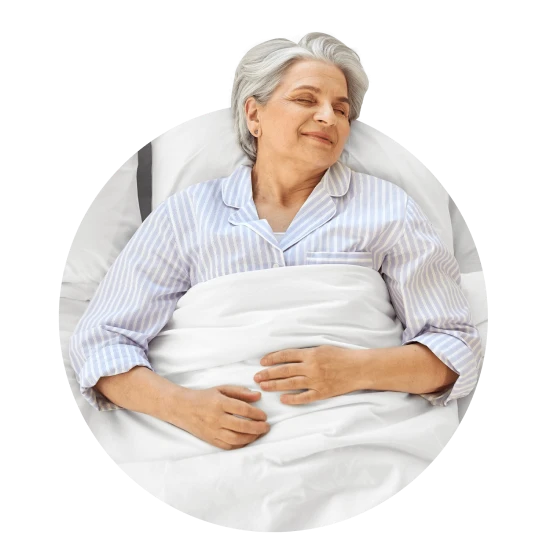Wellbeing Through
Menopause Programme
The journey through menopause is unique to each woman. You may experience changes in metabolism, sleep patterns, mental and physical function.
Menopause marks a significant transition in a woman’s life, often spanning several years. The hormonal fluctuations bring a myriad of changes in various aspects of our wellbeing, such as physical and mental fitness, nutrition needs and sleep.

We will take a deep dive into understanding these changesand how Imago can help you to navigate this phasewith grace and resilience














